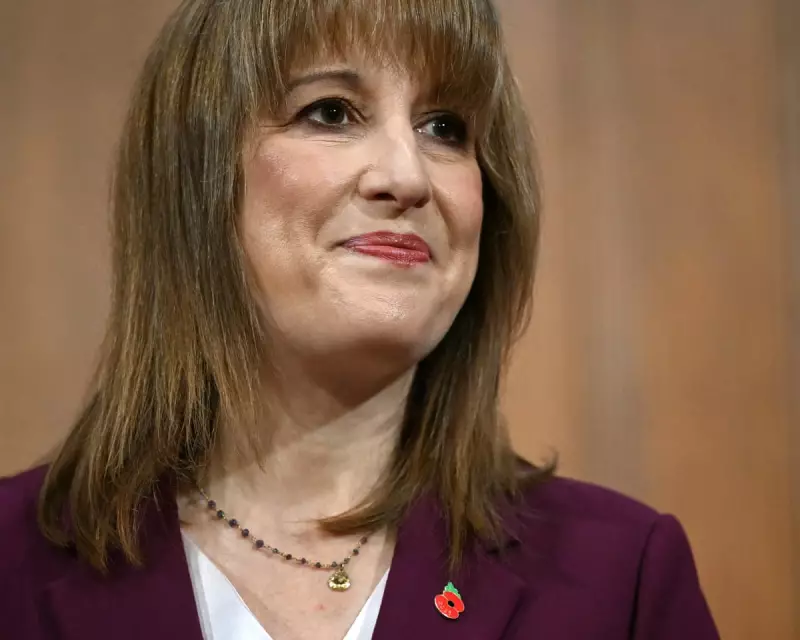
Chancellor Signals Major Welfare Reform
Chancellor Rachel Reeves has announced plans to completely remove the controversial two-child benefit cap in this month's budget, a move that could lift approximately 350,000 children out of poverty across the United Kingdom.
The Labour chancellor confirmed her intention to fully reverse the Conservative-era policy during an interview with BBC Radio 5 Live, stating she had examined partial reforms but concluded that only complete abolition would achieve the government's poverty reduction targets.
Economic and Social Impact
The Resolution Foundation estimates that scrapping the cap entirely would cost approximately £3.5 billion by 2029-30, representing one of the most significant welfare reforms since Labour took office. The policy change comes after Prime Minister Keir Starmer insisted that reducing child poverty must be a central achievement before the next general election.
Reeves emphasised the broader economic rationale behind the decision, telling the BBC: "I don't think we can lose sight of the costs to our economy in allowing child poverty to go unchecked. In the end, a child should not be penalised because their parents don't have very much money."
The chancellor highlighted various circumstances where families might need support for more than two children, including adoption, foster care, changing family situations, or parents developing chronic illnesses.
Political Context and Implementation
The decision marks a significant shift from Labour's position during the last election campaign, when the party declined to include removing the cap in its manifesto due to concerns about "unfunded promises." Allies of the chancellor confirmed her comments should be interpreted as a clear signal of intent to remove the cap in full rather than partially.
Prime Minister Starmer had previously defended maintaining the cap after entering government, even suspending seven Labour MPs last year for supporting a Scottish National Party motion calling for its abolition. However, insiders suggest Starmer has always wanted to remove the measure as soon as financially possible.
Education Secretary Bridget Phillipson, who led a task force on child poverty reduction, is expected to publish findings around the budget date that recommend full abolition as the most effective way to reduce child poverty numbers.
Alison Garnham of the Child Poverty Action Group welcomed the anticipated move, describing the two-child limit as "the biggest driver of rising child poverty in the UK" and stating that abolishing it would "give millions more kids a better start in life."
The chancellor's announcement follows her receipt of pre-budget forecasts from the Office for Budget Responsibility and a meeting with former Prime Minister Gordon Brown, who has been a vocal advocate for removing the cap.






